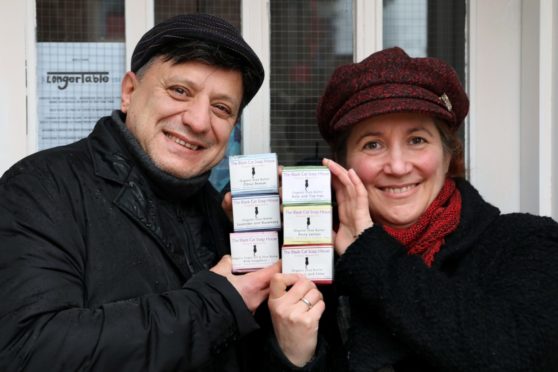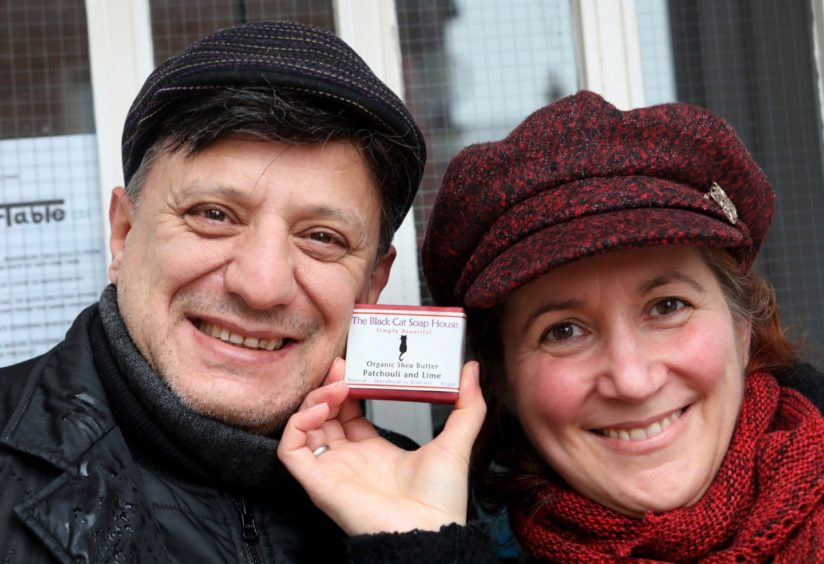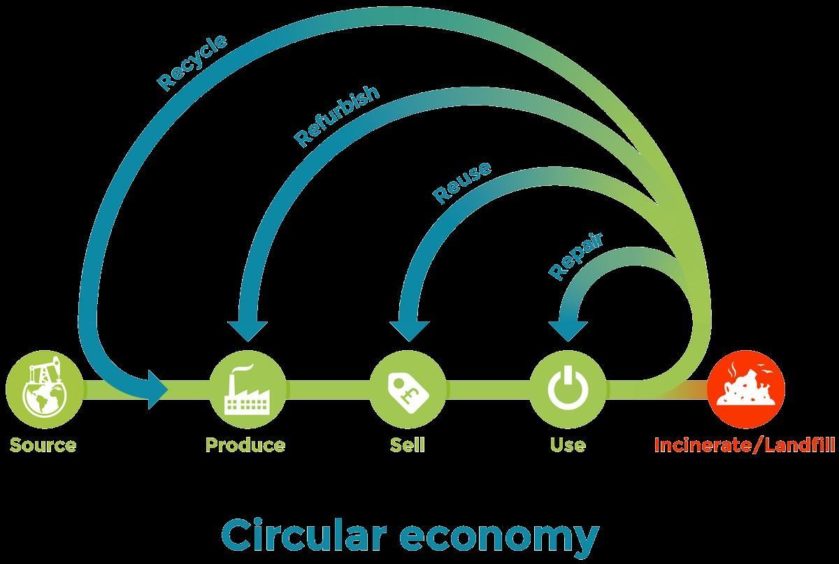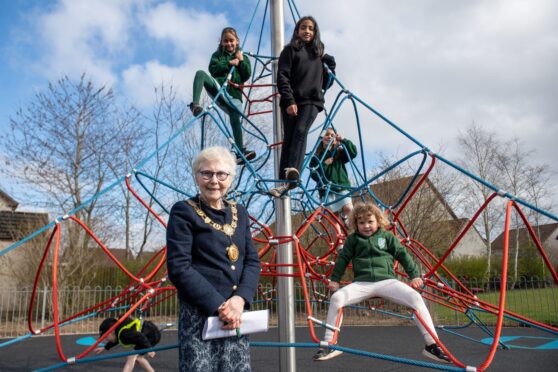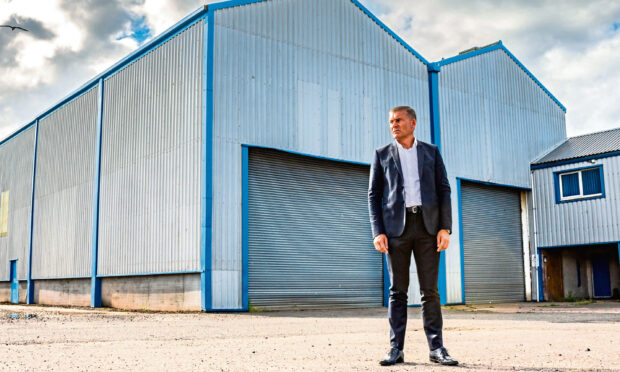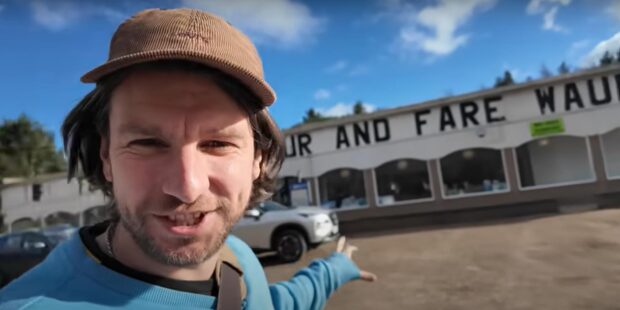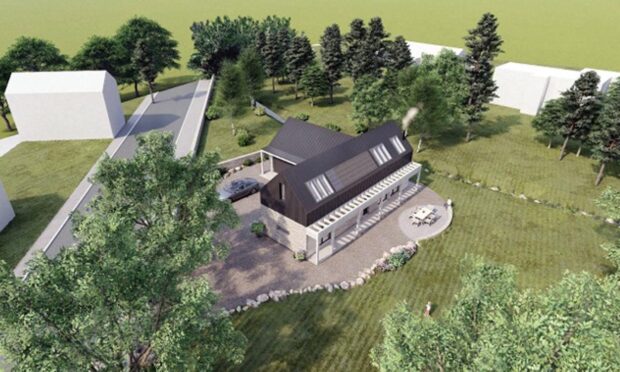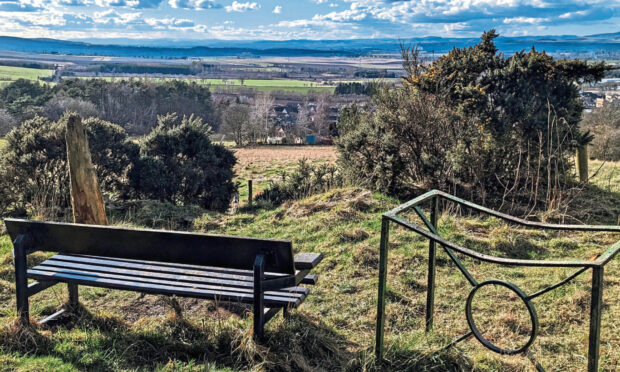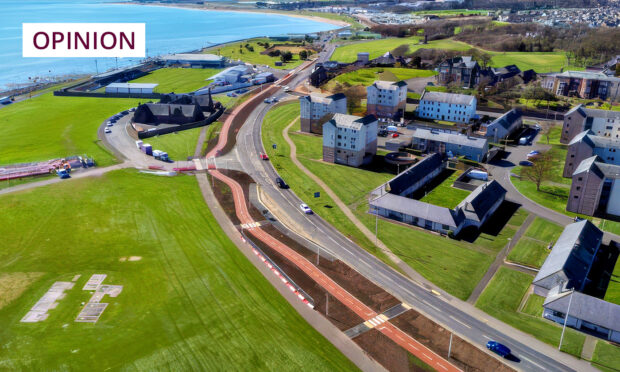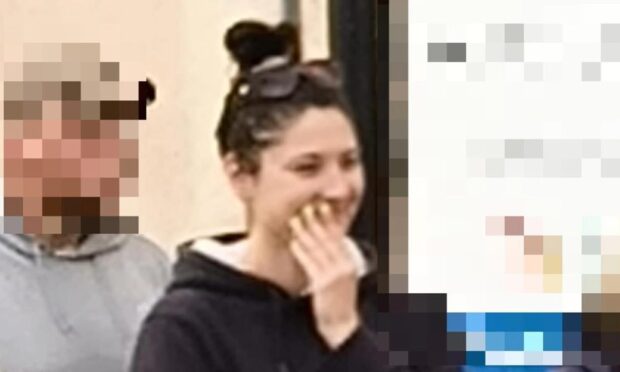Kirriemuir is leading the way in Angus with plans to become a model town in the circular economy.
As part of a programme to eliminate waste and the unsustainable continued use of resources, businesses are overcoming barriers of the coronavirus pandemic to forge a local network they hope will set an example for other Angus communities to follow.
Sustainable Kirriemuir led its first online local business support session last month in a partnership with Circular Tayside.
It allowed businesses to learn more about the concept and highlighted good work already going on locally.
Sustainable Kirriemuir learning and events leader Lauren Urquhart said: “Businesses in Kirriemuir and the surrounding areas brought their knowledge up to speed on the concept and started planning how they will align their business operations with the Scotland-wide transition.
“We are already finding connections and making new contacts with each other, which is the essence of sustainability.
“It is more difficult at the moment with the pandemic situation, but people are still finding a way.”
The Kirrie businesses were able to tap into the experience of Stephen Page, from Something Special Flowers in Blairgowrie.
He joined the online event and shared some of the innovative steps the business has already taken to reduce waste.
They include making plastic vases from recycled milk containers which are then part of a discount or refund scheme.
Sustainability driving family-run business
Similar ideas have already been adopted in Kirrie by businesses including the family-run Black Cat Soap House.
Husband and wife team, Haluk and Nicola Gokalp established the business three years ago.
They are creating as little waste as possible, avoiding plastic and reducing and reusing whatever they can.
Nicola said: “We sell most of our bars as “naked” slices and reduce the price for products purchased this way.
“Creams and oils are sold in glass jars and we’ll take back empties to clean, sanitise and reuse; we give customers money off their next purchase for every jar returned.
“We use ingredients produced in a sustainable way and always choose organic and fair trade where possible.”
Lauren added: “Black Cat Soap House are trying to do everything that they can and believe that everything, however small it seems, makes a difference.”
A business canvas which Circular Tayside worked on with the company had reaped additional benefit.
“The process allowed for other resource use and waste to be identified, which led to reducing Black Cat Soap House’s waste and CO2 emissions even further,” said Lauren.
Shoeboxes recycled for local and global projects
Other Kirrie businesses are also already on board.
Lauren added: “Elayne Buchan from Crocodile Shoes has linked up with the local church and donates all waste cardboard shoe boxes for making up of well-being packs, sent to those in need across the world.
“Kirriemuir Food Hub collected boxes from Elayne over the Christmas break to create fantastic food hampers, delivered to local people facing food insecurity.”
“We hope that with this ongoing support, Kirriemuir will become a model town for a circular economy in the near future,” said Lauren.
“This activity was part of our Scottish Government Climate Challenge-funded project, Nourish Kirriemuir.”
Sustainable Kirrie can be contacted through their website or Facebook page.
What is the circular economy?
With the earth’s resources increasingly scarce and more expensive, the way we traditionally operate by using up and then disposing of raw materials is no longer a sustainable or viable option
A departure from the linear economy of Source – Produce – Sell – Use – Incinerate/Landfill is required.
Reducing the amount of things we use, keeping existing products and materials in circulation, prolonging their lifecycle and extracting the maximum value is a concept better known as the circular economy.
Products and materials flow around the economy continuously from one use to the next and so on.
Products must be designed with their whole life cycle in mind.
They must last longer, then be reused and refurbished to extend their lifetime, and recycled appropriately when their life is deemed over to create new products from old, without the need for additional new raw materials.
For a circular economy to prosper, businesses and consumers must work together to make things last by forming a network.
